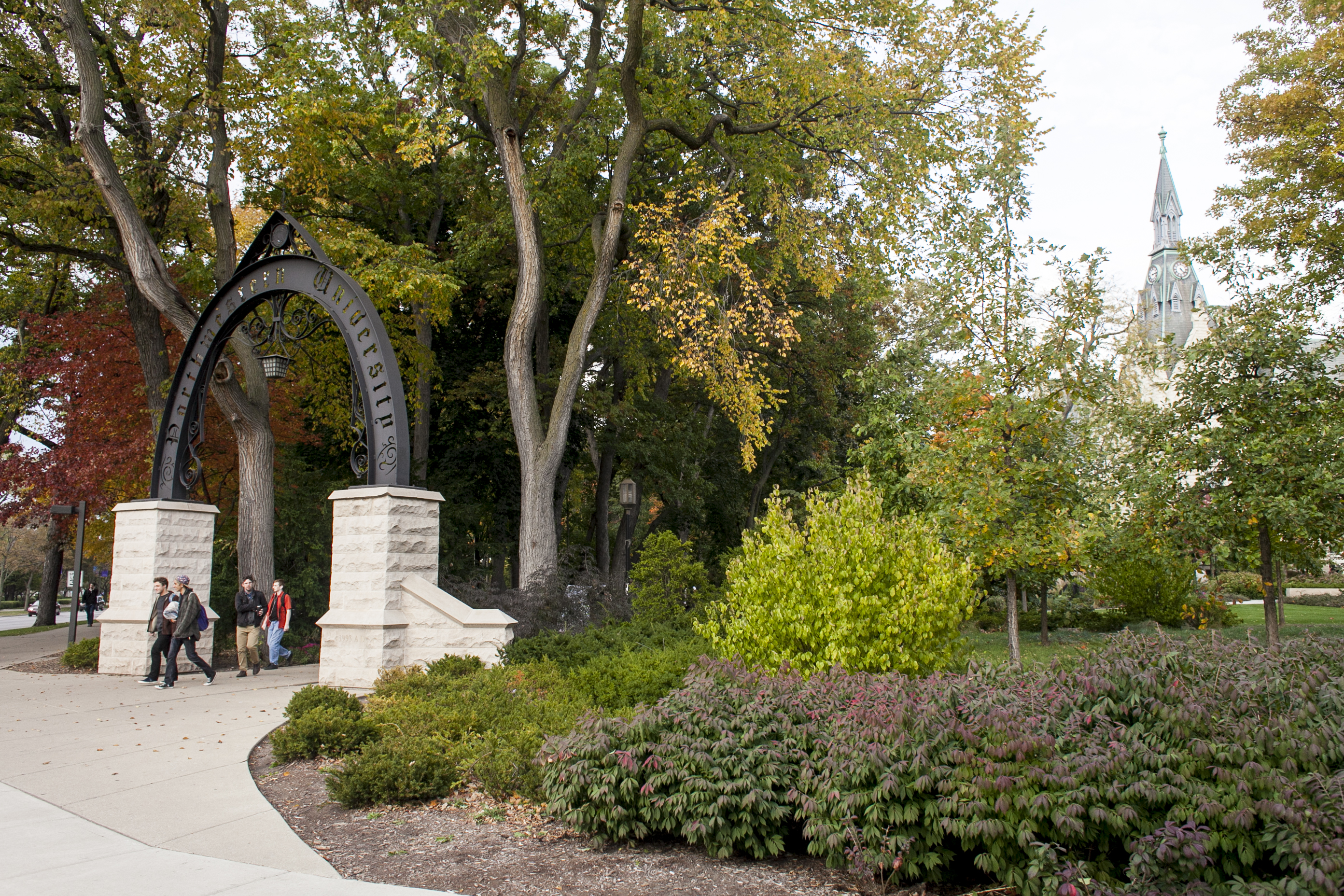If you've had trouble sleeping following a COVID diagnosis, you aren't alone.
In fact, a new study seems to have found a connection between the two, particularly in milder cases of COVID-19, that experts say isn't entirely unexpected.
New research from Vietnam published in Frontiers in Public Health showed that of 1,056 COVID patients who were not hospitalized, 76.1% reported experiencing insomnia. Of those, 2.8% reported severe cases.
"One third of participants reported worse sleep quality, shorter sleep duration, and harder to fall asleep, half reported more awaken nights after COVID-19 infection," the findings showed.
Feeling out of the loop? We'll catch you up on the Chicago news you need to know. Sign up for the weekly Chicago Catch-Up newsletter here.
Some experts say the findings are in line with some of what has already been noted about long COVID symptoms.
"So after SARS-CoV-2 infection, there's certainly a lot of neurocognitive issues that come about. So specifically, people tend to have symptoms of what we call brain fog, or issues with memory and their attention span, and a lot of these are linked to primary neurological brain issues and ailments from whatever COVID has done to their body in terms of inflammation, or other biological patterns to it. And so it's not really surprising that actually, given that your brain also manages your circadian rhythms, that people might have issues with either sleep disordered breathing on the aspect of insomnia, fractured sleep, or even sleep apnea in many individuals," Marc Sala, the co-director of the Comprehensive COVID Center at Northwestern Medicine. "So I think that's still being fleshed out in the research, but that actually isn't very surprising to me that people who have long COVID might also have a detriment to some form in their sleeping patterns, knowing what it can do to people's processing speeds, memory, attention, and all other aspects that relate to the brain to begin with."
Dr. Mark Loafman, chairman of the Department of Family and Community Medicine at Cook County Health in Chicago, noted that one of the enlightening parts of the study was that such symptoms appeared in those who did not have severe COVID infections.
Local
"I think what was unique about that study is it showed how common insomnia is even among people who didn't have long COVID," he told NBC Chicago. "That it was somewhat more prevalent in people who just had routine COVID and they developed insomnia as part of that. So I think that's what's unique about that."
Loafman noted that sleep issues in connection with the virus have been documented since early on the pandemic, though it was not always related to diagnoses of the virus itself.
"There's even a term called coronasomnia or COVID-somnia that was really related to the pandemic itself, not necessarily the infection, but the risk of an infection and what was going on with society, and all of our lives during that time," he said. "So this concept of COVID-related insomnia has been there since day one or early on in this in the pandemic. And then later, it became clear that part of the symptoms of having a COVID infection was sleep disorder."
The idea that a virus could lead to sleeping issues isn't uncommon in the medical world, according to Loafman. "Think about having a flu or a cold or a viral illness and stuffiness and body aches and this stress over recovery and missing out on functions and all those things. And we've always known that that can affect sleep. So that was, again, not so surprising. I think again, the frequency of it, and the fact that it's both in normal COVID and long COVID ... adds further to what what we've already been observing."
The Centers for Disease Control and Prevention notes that "some people who have been infected with the virus that causes COVID-19 can experience long-term effects from their infection, known as long COVID or post-COVID conditions (PCC)."
The conditions and symptoms include a wide range of health problems, which can last "weeks, months, or years," according to the agency.
Among those symptoms listed by the CDC, sleep problems are among the potential neurological impacts.
But what differs in the study results, as Loafman noted, is that milder COVID cases are also seeing sleep problems as a longer-lasting symptom.
Previously, it was believed that more severe cases of COVID-19 were more likely to experience long COVID symptoms.
Other symptoms of long COVID, according to the CDC, could include:
General symptoms (Not a Comprehensive List)
- Tiredness or fatigue that interferes with daily life
- Symptoms that get worse after physical or mental effort (also known as “post-exertional malaise”)
- Fever
Respiratory and heart symptoms
- Difficulty breathing or shortness of breath
- Cough
- Chest pain
- Fast-beating or pounding heart (also known as heart palpitations)
Neurological symptoms
- Difficulty thinking or concentrating (sometimes referred to as “brain fog”)
- Headache
- Sleep problems
- Dizziness when you stand up (lightheadedness)
- Pins-and-needles feelings
- Change in smell or taste
- Depression or anxiety
Digestive symptoms
- Diarrhea
- Stomach pain
Other symptoms
- Joint or muscle pain
- Rash
- Changes in menstrual cycles



